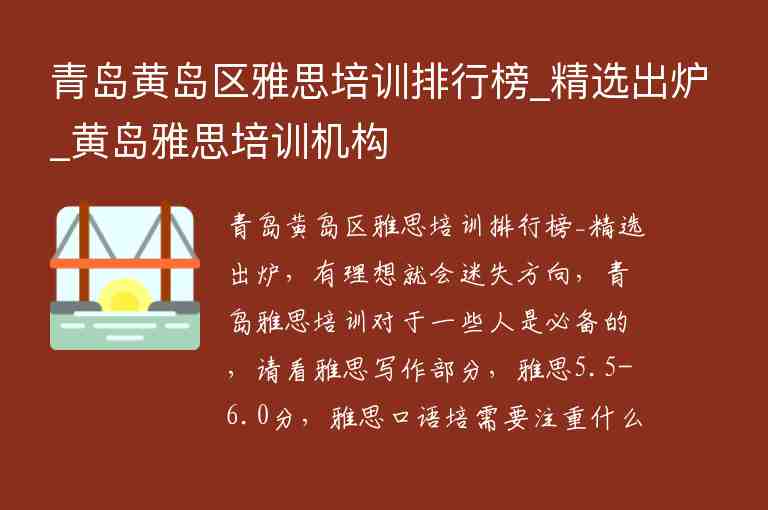arise [əˈraɪz]
1. vi. 出现;产生;发生
2. vt. 引起;造成
怎么读(音标):əˈraɪz
用法:
1. arise作为不及物动词,表示“出现;产生;发生”,常用于抽象的情况,如问题、困难、矛盾等。也可以指从床上起来或站立起来。
2. arise作为及物动词,表示“引起;造成”,常用于抽象的情况,如争议、争吵、误解等。
例句:
1. The problem arose when they couldn't agree on a solution.
问题出现在他们无法就解决方案达成一致时。
2. A new opportunity has arisen for us to expand our business.
我们有一个扩大业务的新机会。
3. He arose from his chair and walked towards the door.
他从椅子上站起来向门口走去。
4. The disagreement between them arose from a misunderstanding.
他们之间的分歧源自误解。
5. The issue that has arisen is causing a lot of concern among the public.
这个问题引发了公众的很多关注。
同义词及用法:
1. emerge:表示“出现;显露”,强调突然或意外地出现。
2. occur:表示“发生”,强调的自然性和必然性。
3. happen:表示“发生”,常用于不太重要的。
4. result:表示“导致;造成”,强调结果。
5. stem from:表示“源自于;来自于”,常用于指抽象的情况。
编辑总结:
arise是一个常用的动词,既可以作为不及物动词表示“出现;产生;发生”,也可以作为及物动词表示“引起;造成”。它可以用来描述抽象的情况,如问题、困难、矛盾等,也可以指具体的行为,如起床、站立等。在使用时,需要根据具体语境选择合适的意思。同义词有emerge、occur、happen、result和stem from,它们都有一定的区别,在使用时需要注意。



